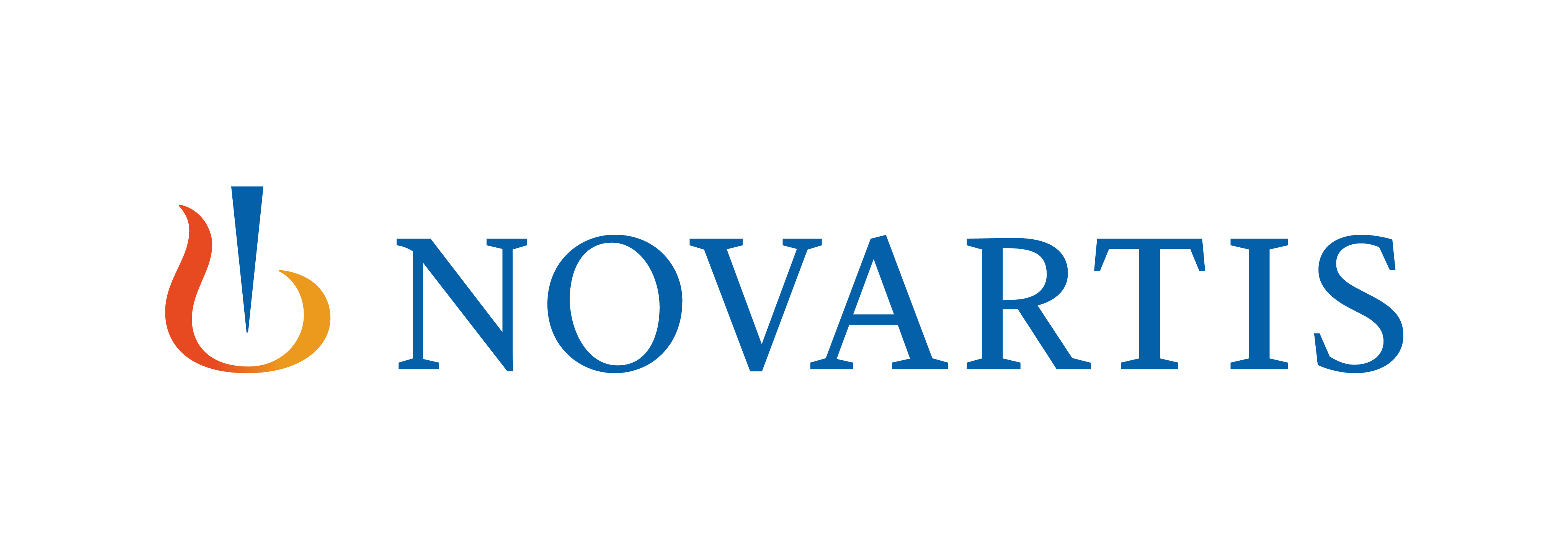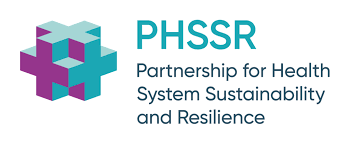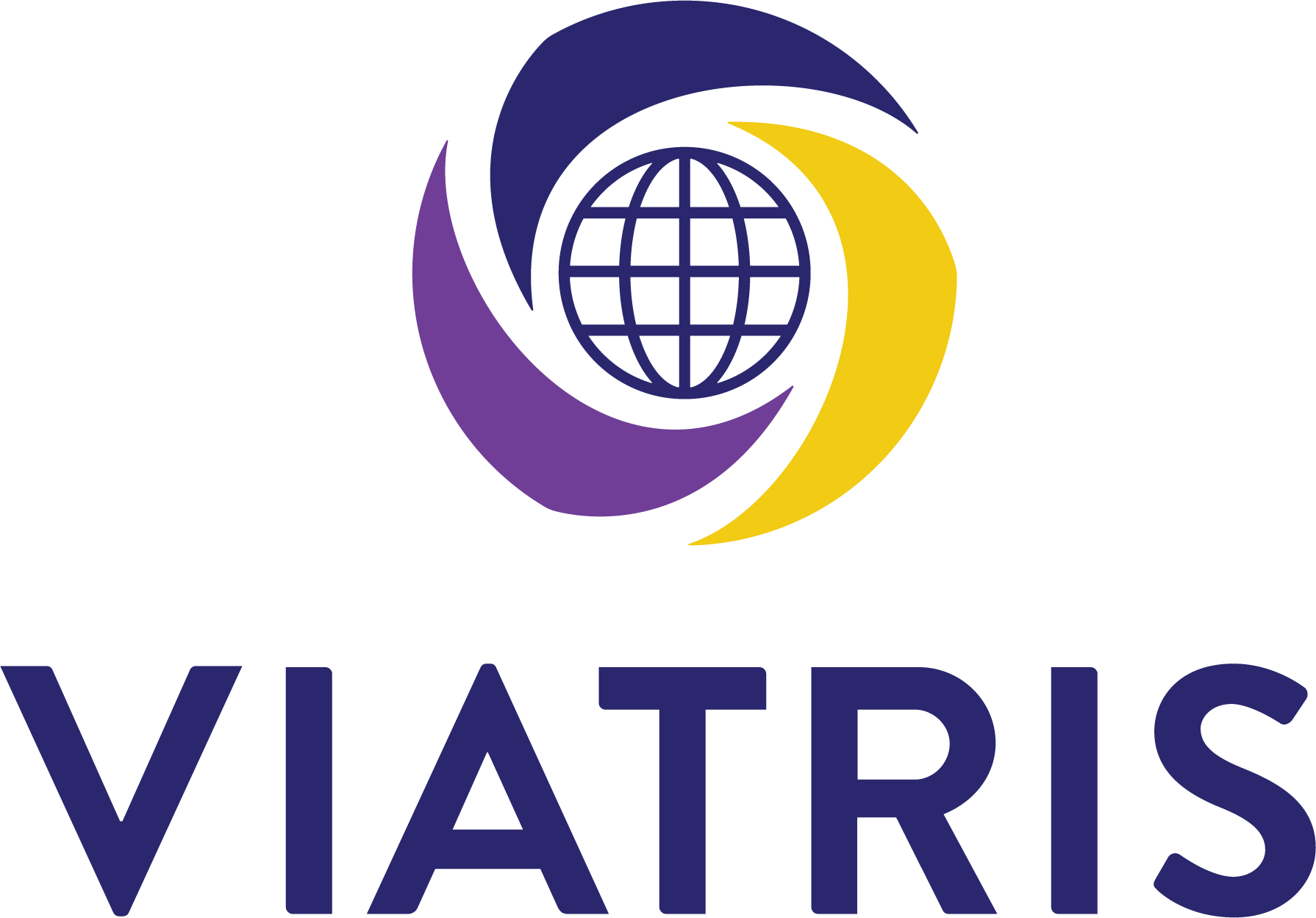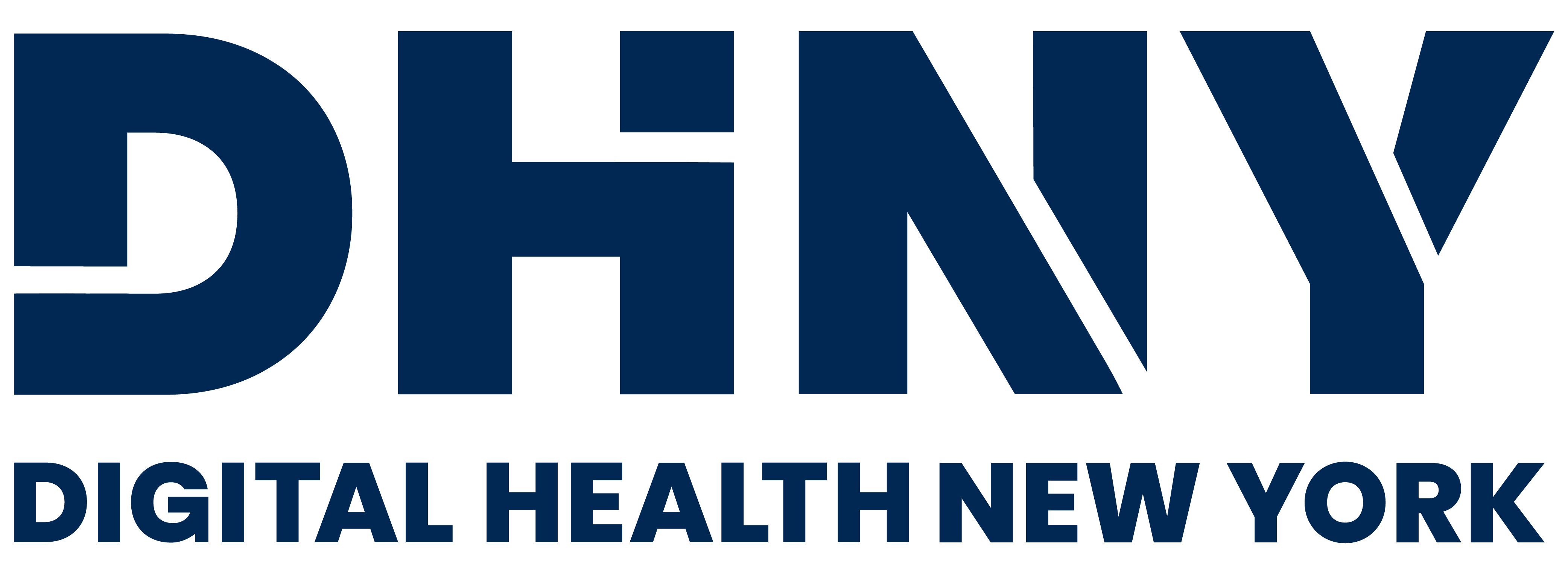تحت رعاية سموّ الشيخ خالد بن محمد بن زايد آل نهيان، ولي عهد أبوظبي رئيس المجلس التنفيذي لإمارة أبوظبي
Under the Patronage of His Highness Sheikh Khaled bin Mohamed bin Zayed Al Nahyan, Crown Prince of Abu Dhabi and Chairman of Abu Dhabi Executive Council
Audiology experts are sounding the alarm about noise-canceling earbuds and headphones, warning users that blocking out background noise can affect how your brain processes sound and reduce your awareness of your surroundings.
Are noise-canceling headphones harmful to your health? How to use them safely
Audiology experts are sounding the alarm about noise-canceling earbuds and headphones, warning users that blocking out background noise can affect how your brain processes sound and reduce your awareness of your surroundings.
“Noise-canceling earbuds may bring welcome silence, but they might also mask vital sounds that could save your life,” Josh Gordon, head of innovation at the Singapore technology company Geonode, told Fox News Digital last week.
Exposure to loud noise for a long period — or even just one extreme time — can lead to hearing loss because the blaring sound can damage the cells and membranes in the inner ear. Besides impaired hearing, noise pollution has been linked to increased stress, high blood pressure, disrupted sleep, and diminished productivity, among other conditions.
Adults can safely listen to 80 decibels of noise for up to 40 hours a week, according to the World Health Organization. A running motorcycle engine is about 95 decibels, while a horn signaling an approaching subway train and sporting events are about 100 decibels, according to the Centers for Disease Control and Prevention.
Noise-canceling headphones can cut noise by 20 to 40 decibels, Gordon said. But the technology is not without risks.
“Intense sound damages your hearing, so there are situations where noise-canceling headphones benefit you,” David McAlpine, the academic director of Macquarie University Hearing in Australia, told Gizmodo last month. “At the same time, background noise — features of the soundscape — are critical to orienting yourself in an environment.”
The noise-canceling headphones market is expected to grow to $45.4 billion by 2031, up from $13.1 billion in 2021. McAlpine mused that “big tech companies” seem to be solving a hearing problem by “creating a listening problem.”
One of McAlpine’s colleagues conducted a 2012 study that directed 17 participants to wear earplugs for a week — 11 developed tinnitus, which is hearing a ringing, buzzing, or hissing in your ears when no actual noise is present. The tinnitus went away when they removed their earplugs.
“If you stop putting sound into your ears … your brain overcompensates by turning up its internal gain,” McAlpine explained to The Guardian last year. “It completely alters your neural pathways — we know this. Monkeying around with the sound energy going into your ears is monkeying around with what your brain evolved to be doing.”
McAlpine recommends using noise-canceling headphones at construction sites, in the military, at concerts, or in noisy workplaces such as cafes to prevent hearing loss.
Dr. Ruth Reisman, a clinical audiologist and hearing aid dispenser in New York State, told Fox News Digital that the technology may also benefit people who have hyperacusis (a rare hearing disorder) or autism.
She recommends limiting usage to two to three hours a day.






































